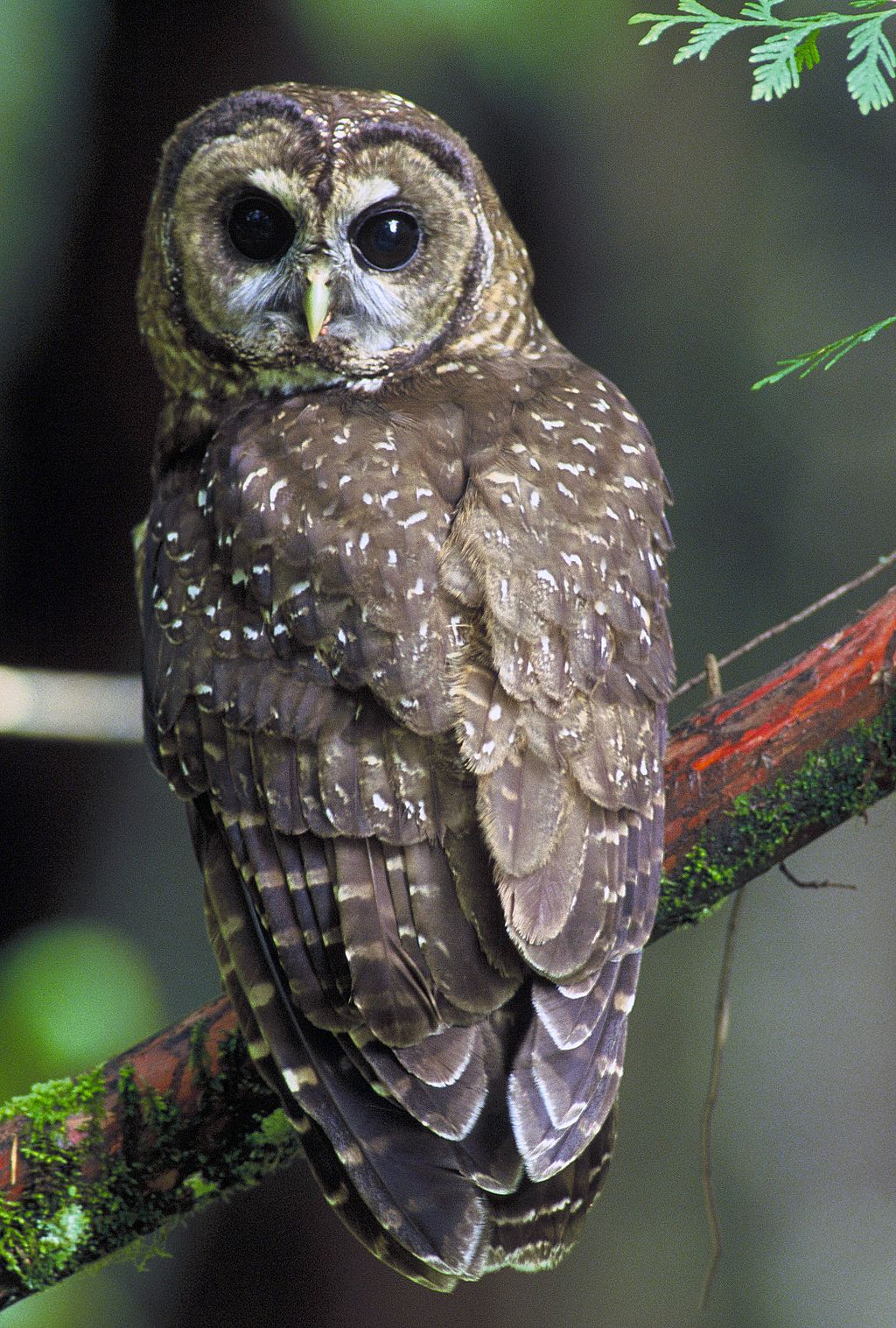
June 18, 2020
To summarize his upcoming Summer Session course, Professor Pat Parenteau shares a photo of Utah’s Bear’s Ears National Monument.
“If you want to save places like this,” he says, “you need to take this course.”
Co-taught alongside public interest lawyer Jack Tuholske, the new course “Current Issues in Western Resource Litigation” covers the conservation of America’s natural heritage and the iconic landscapes, wildlife, and ecosystems of the West.
Courts play a major role in public land management. And in America’s public lands—National Parks, National Forests, and National Wildlife Refuges—increasing conflicts over resource use have led to thousands of court cases in the last three decades.
The class will explore the intersection of environmental and administrative law with public land management. Students will examine how NEPA, the ESA, judicial review under the APA and judicial interpretation of statutes that govern specific public lands (like the National Park Service Organic Act, National Forest Management Act) shape and control how are public lands are managed and used. The geographic focus is the American West, since that’s where most of these public lands are located.
In the process, Parenteau and Tuholske will outline a range of fascinating case studies. How did the Northern Spotted Owl save the last remnants of the Pacific Northwest’s ancient forests? How can we restore protection for Bears Ears and Grand Staircase National Monuments? How can we stop massive mine projects, like the Rosemont copper mine that would destroy key a jaguar habitat in the Santa Rita Mountains? And how can we put a stop to oil and gas leasing that worsens climate change and threatens national treasures like Chaco Culture National Historic Park?
With a combined 70-plus years of environmental litigation experience between them, Parenteau and Tuholske are ready to tackle all of these questions and more. “This class will give you insights you don’t get in the survey courses,” Tuholske says, adding that many VLS graduates are currently living and working out West on these very issues.
The course is particularly timely given the current threats the Trump Administration poises to public land. Hundreds of millions of acres of public land are now vulnerable to being destroyed, Tuholske notes—which means it’s more important than ever for environmental lawyers to learn how to protect them.
Enrollment for the summer Term 4 virtual course is currently open to students throughout the country. Learn more and register at vermontlaw.edu/summer.